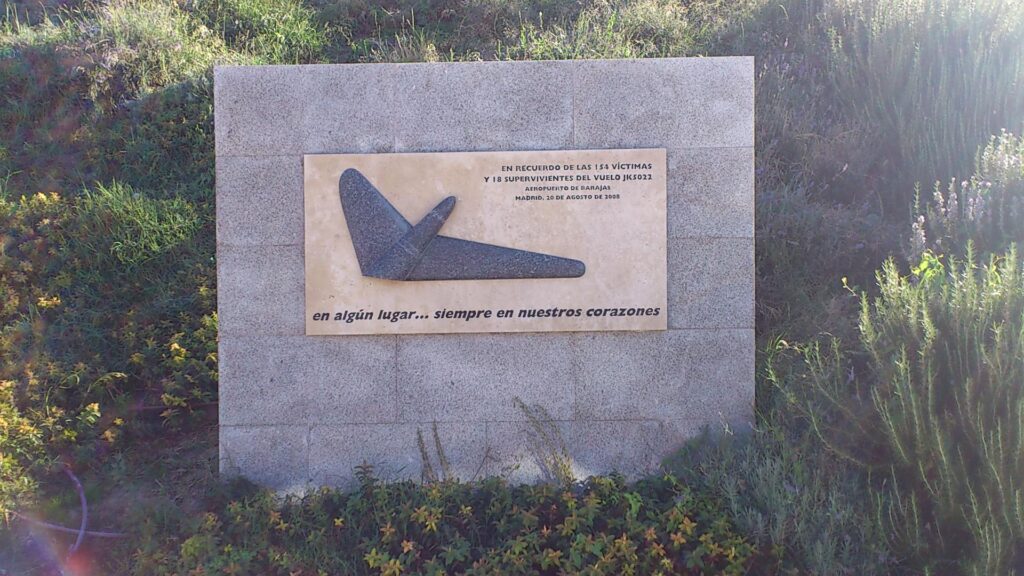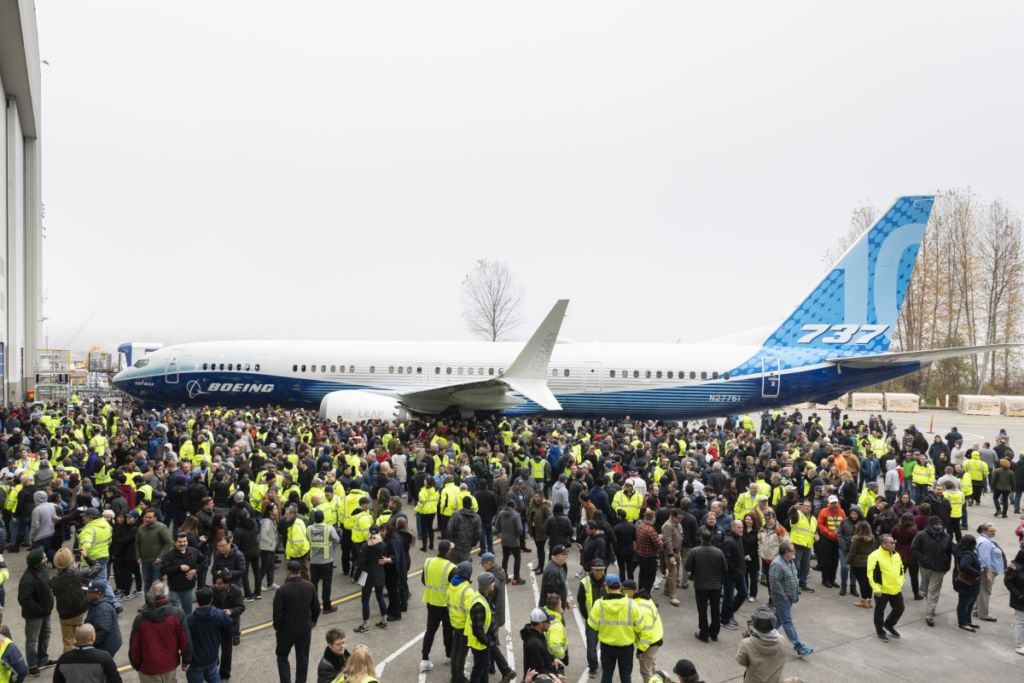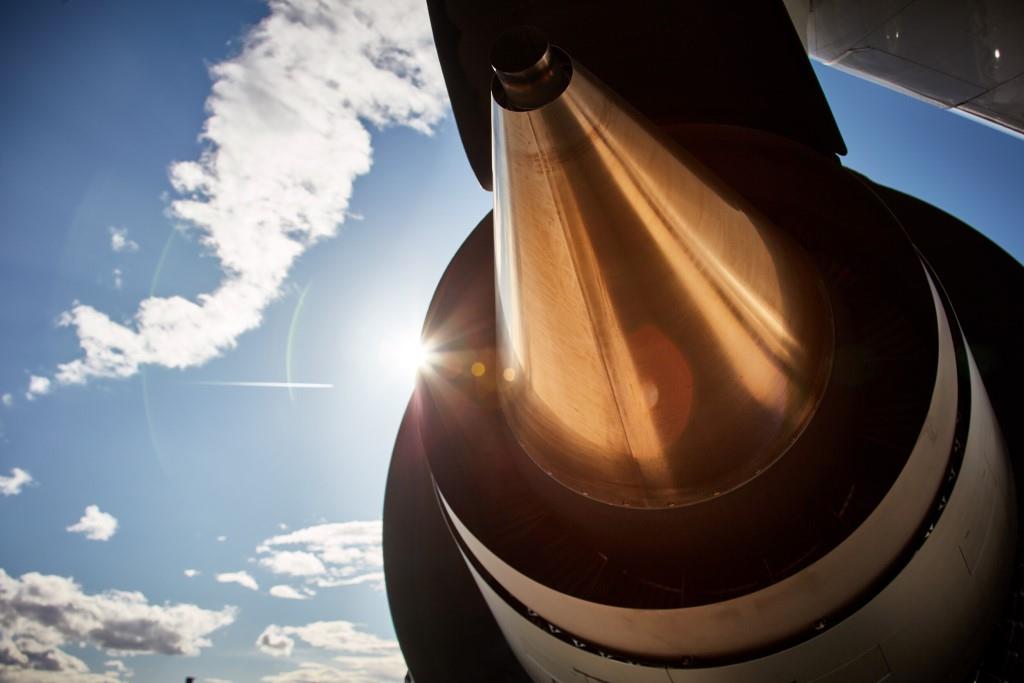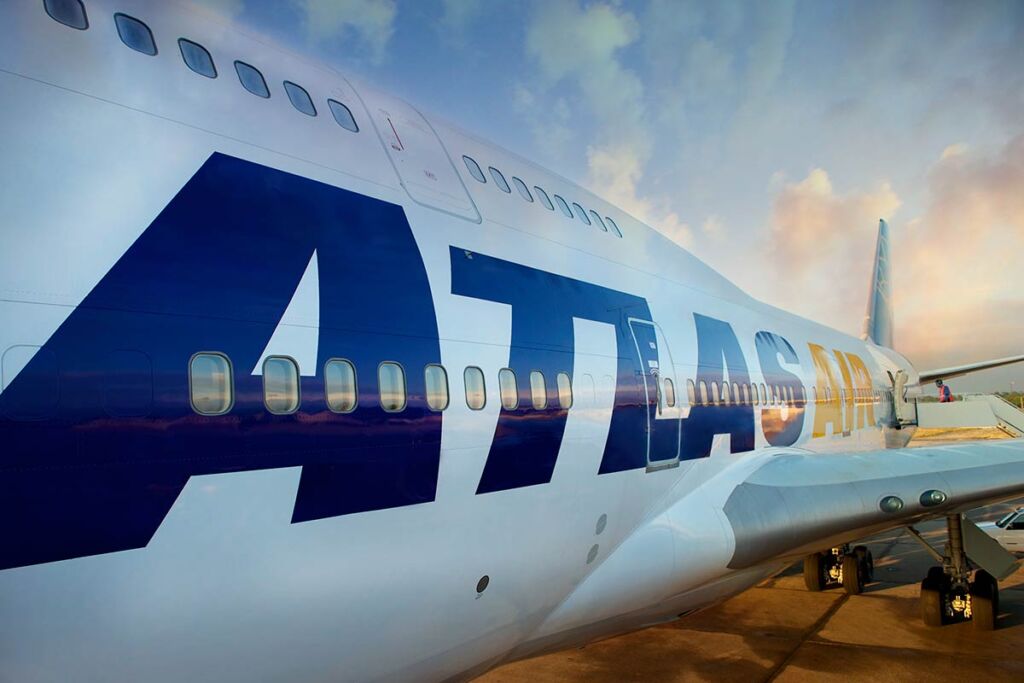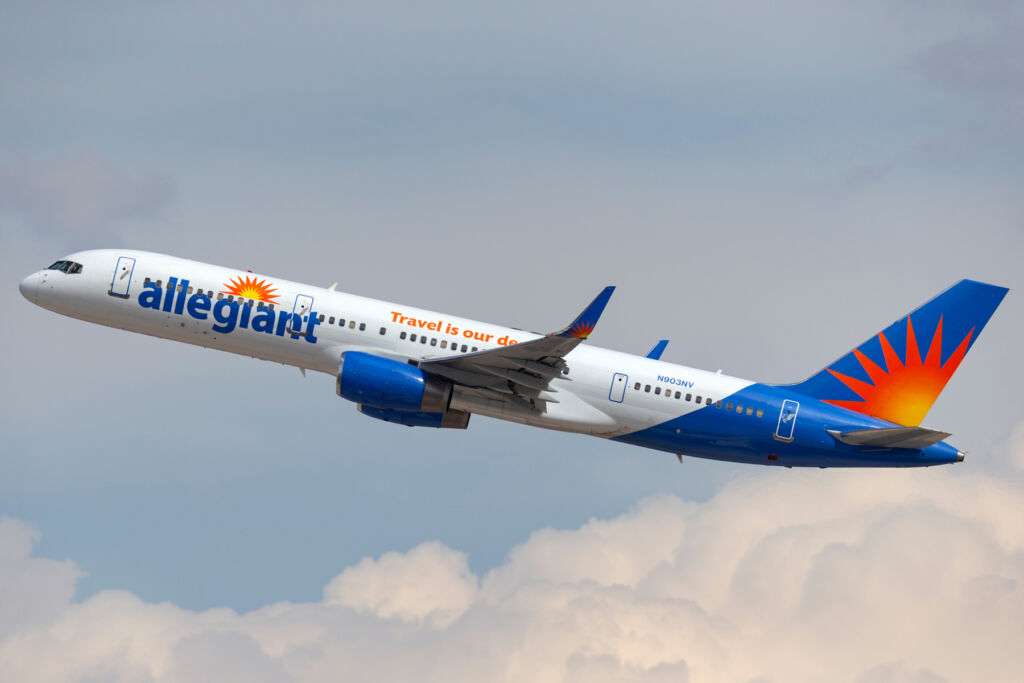Boeing will begin offering airlines and operators the option of powering their new commercial jet with biofuel for the flight home. The program is designed to further spur the use of sustainable aviation fuels – which cut emissions up to 80 percent – and support the industry’s drive to protect the environment.
The biofuel option will be available for customers accepting new airplanes at Boeing’s delivery centers in Seattle and Everett, Wash. The company also plans to use biofuel for certain flight tests at its Boeing Field facility, while working to offer the same option at its South Carolina Delivery Center.
“This is another step in our decade-long journey to encourage the adoption of sustainable fuels and help commercial aviation earn its license to keep growing,” said Sheila Remes, vice president of strategy at Boeing Commercial Airplanes. “We have great customers such as Alaska Airlines that have made good progress in adopting the use of biofuels. We hope this new option will make it easier for them and others to demonstrate our industry’s commitment to reduce carbon emissions.”
Alaska Airlines, the first participant in the program, will use a blend of biofuel made by World Energy and traditional fuel when it takes delivery of three Boeing 737 MAX airplanes this year.
“Alaska takes seriously the responsibility to deliver for all those who depend on us—employees, guests, our communities and the environment around us—for the long term. That’s the definition of sustainability,” said Diana Birkett Rakow, vice president of external relations at Alaska Airlines. “We congratulate our partners at Boeing for operationalizing a drop-in sustainable aviation jet fuel option. We’re excited to not only take advantage of the first biofuel delivery, but to continue working together to advance and scale mainstream adoption of sustainable fuel and other practices to enhance the aviation industry’s ability to do good.”
World Energy produces the biofuel at its refinery in Paramount, Calif., the world’s first facility designed to commercially produce renewable jet fuel. Made from agriculture waste, the fuel is certified for commercial use and can be blended with traditional jet fuel without modifications to airplanes, engines or fueling infrastructure.
“World Energy is here to serve any organization committed to leading the shift toward a low-carbon future,” World Energy Chief Commercial Officer Bryan Sherbacow said. “Companies such as Boeing understand their obligation to the communities they serve and have taken meaningful action to transition to cleaner energy and reduce their carbon footprint. Our job is to manage the low-carbon fuel supply chain to provide the product these leaders need to efficiently operate and drive positive change.”
EPIC Fuels will ship the biofuel to Boeing’s delivery centers in Washington state. EPIC has supported Boeing’s evaluation of biofuels on its ecoDemonstrator flight-test program.
Boeing has been a leader in fostering the development of biofuels, including supporting the first commercial aviation test flight flown by Virgin Atlantic in 2008. The company’s extensive research, testing, and rigorous review – in collaboration with other airframe and engine manufacturers and aviation stakeholders – led to the approval of biofuel for commercial use in 2011.
A decade after the first test flight, airlines around the world have flown nearly 170,000 passenger flights on a blend of biofuel and petroleum fuel.
Boeing has worked with partners across the globe to develop sustainable biofuel supplies that can be scaled and priced competitively with traditional jet fuel. Projects have used feedstocks such as forestry and agriculture waste, Brazilian sugarcane, and plants irrigated by coastal seawater in the United Arab Emirates.


